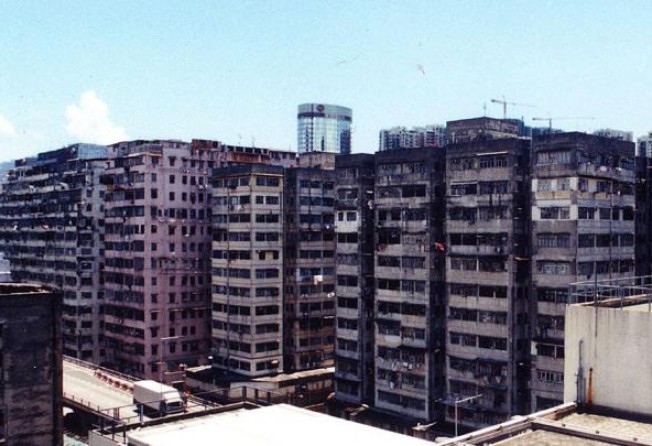URA may change consensus threshold after single holdout threatens project
The authority will evaluate its demand-led redevelopment strategy after a single holdout threatens to derail project in Tai Kok Tsui

The Urban Renewal Authority will review the threshold set for demand-led redevelopment projects after a pilot project in Tai Kok Tsui, Kowloon, faced being derailed by an owner refusing to sell his shop.
Under the authority's policy, demand-led projects can only begin when at least 80 per cent of owners in a lot agree to sell their properties. The concept was initiated under a new renewal strategy formed last year.
But at one of the four lots involved in the project in Pine Street and Oak Street, Tai Kok Tsui, only a 50 per cent consensus had been reached. The deadline is Monday.
The authority said yesterday a shop owning 27 per cent of the total interest was "unhappy" with the acquisition price and refused to sell, sparking fears the project could fail. The other three lots have reached the 80 per cent threshold.
"I would be disappointed if the redevelopment is made impossible by opposition from one shop," the authority's chairman Barry Cheung Chun-yuen said.
The authority would review the policy after the completion of the pilot projects.
A source close to the authority said the 80 per cent threshold was unlikely to be lowered, but the authority might look at options to redefine the basis of the 80 per cent - perhaps applied to the whole site instead of a single lot.
The project is one of three pilots started this year, with the remaining two located in Hai Tan Street, Sham Shui Po, moving ahead smoothly.
The authority's Quinn Law Yee-kwan, who will retire next month, said the authority might consider excluding the lot with insufficient consensus from the redevelopment if other residents in Tai Kok Tsui really wanted to go ahead with the project. "But it will no longer be treated as a demand-led project," Law said.
The demand-led approach empowers residents to initiate redevelopment. Initial applications must be made by at least 67 per cent of the residents.
The buildings must be in a dilapidated condition and the site must cover at least 400 square metres. Redevelopment will only begin when 80 per cent or more of the owners sign the sale and purchase agreement.
The concept is said to be popular as the authority received 34 applications in the second round of invitation, which ended in August.
The authority will select four for implementation next year.
Announcing a business plan of HK$25 billion for next year, Cheung, who is tipped to stay as chairman for two more years, said the authority would take a bigger role in redeveloping industrial buildings to release more sites for flats if it was invited to by the government.
It also hopes to speed up the redevelopment process.
Law will be replaced by an experienced town planner, the authority's current executive director Iris Tam Siu-ying.